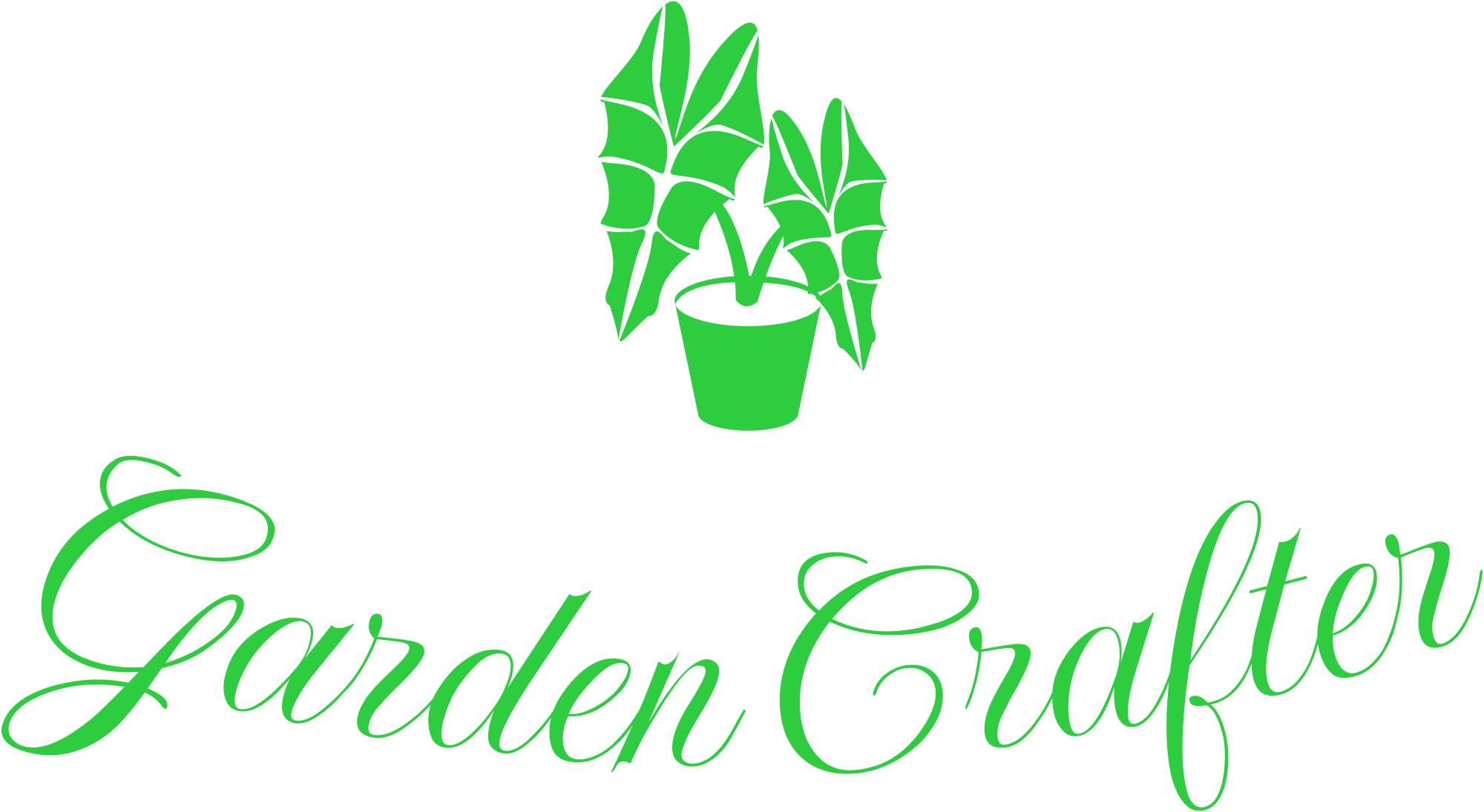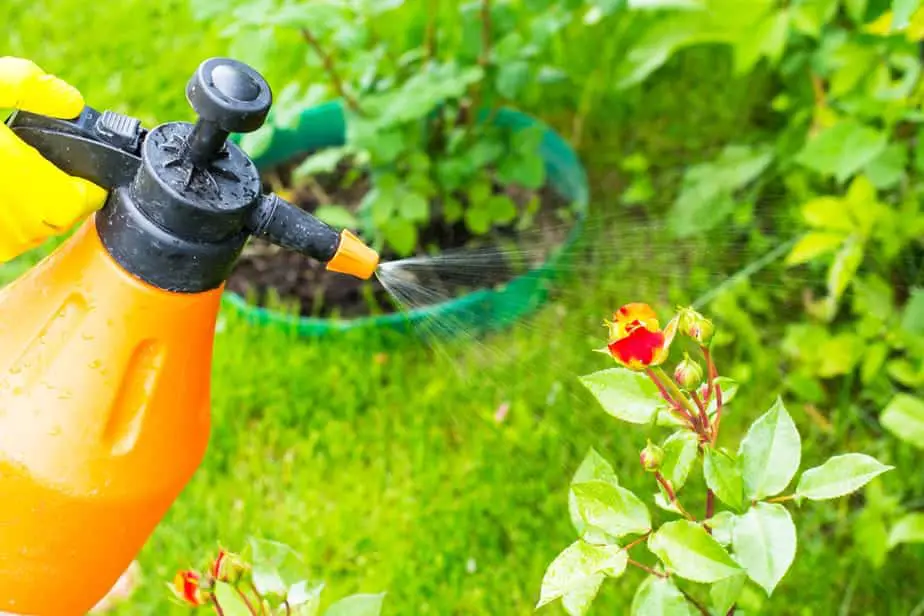It takes a lot of effort to keep your garden vibrant and healthy, but pests can quickly turn your green paradise into a battlefield. Chemical pesticides are easy to find, but they are not the best choice because they can harm beneficial insects and the environment. Here are some great organic ways to get rid of pests that won’t harm the environment and can help you protect your garden.
1. Beneficial Insects:
Adding a few good insects to your garden, such as ladybirds, lacewings, and predatory beetles, can make all the difference. These feed on other animals and common garden pests, keeping your plants safe without the use of chemicals.
2. Neem Oil:
Neem oil is a powerful natural poison derived from the neem tree. It changes the lifestyle of pests, making it difficult for them to grow and reproduce. Neem oil is safe for plants and beneficial insects but is especially effective against aphids, mites, and whiteflies.
3. Earth Covered in Diatoms:
This natural material, consisting of fossilised diatoms, kills insects mechanically. When you spread diatomaceous earth throughout your garden, it creates a barrier that damages the insects’ shells, causing them to lose moisture and die. It is safe for the earth and will not harm you.
4. Companion Planting:
Planting certain foods in a planned manner can help prevent pests. For example, marigolds give off an odour that nematodes don’t like, so placing them next to tomatoes will keep these little buggers away from the tomatoes. Learn more about companion plants and create a garden that protects itself.
5. Spray on Garlic:
You can use garlic to flavour food, but it is also very effective at repelling pests. Mix garlic cloves with water to create a spray that you can use on your plants. This natural method kills aphids, spider mites, and other common garden pests.
6. Make Insecticidal Soap at Home:
Mixing a mild soap with water produces an insecticidal soap that you can spray on your plants to kill soft-bodied pests such as mealybugs, aphids, and spider mites. To ensure the safety of the plant, make sure the soap does not contain additional ingredients, such as fragrances or detergents.
7. Apply Mulch:
A layer of organic mulch around your plants benefits you in many ways. Besides keeping the soil moist and weeds at bay, it also provides a home for beneficial insects. Mulch acts as a natural barrier that prevents pests from entering your plants and provides a favourable environment for soil-friendly organisms.
8. Give Drip Water:
Drip irrigation is better than traditional watering because less water is wasted and the risk of bacterial diseases is reduced. Drip irrigation prevents leaves from becoming too wet by delivering water directly to the base of the plant. This makes the area unattractive to pests such as snails.
9. Rotate Crops:
Using a crop rotation plan can halt the life cycle of soil pests and prevent the loss of certain nutrients. This is an age-old agricultural method that works well to naturally control pest populations and improve overall soil health.
10. Let the Birds Come:
Installing bird feeders and bathtubs in your garden will attract the birds that live in the area. Birds naturally eat a lot of insects, which can be very helpful for pest control. Making your garden bird-friendly will encourage wildlife and add a fun element to your gardening experience.
11. Regular Inspection:
Checking your plants regularly can help you spot pest problems early. You can prevent your pest problem from worsening by identifying and solving the problem quickly. If you follow your pest control programme regularly, you can make improvements based on the needs of your garden.
12. Long-Term Fertilisation:
If you choose a slow-release organic fertiliser, you can improve soil fertility without harming the soil. Avoiding the use of excessive amounts of synthetic fertilisers helps maintain a balanced environment, making plants strong, resilient, and naturally less susceptible to pests.
Conclusion:
Use these eco-friendly gardening techniques along with natural pest control methods to create a more complete approach to plant care. Not only do you protect your garden from pests, but you also help the planet and create a sustainable ecosystem.
FAQs:
1. Why should I choose organic pest control methods for my garden?
Choosing organic pest control methods can help maintain a healthy and balanced ecosystem in your garden. Chemical pesticides can harm beneficial insects and negatively impact the environment. Organic solutions, on the other hand, can provide effective pest control while protecting the health of your plants and the environment.
2. How do beneficial insects contribute to pest control?
Beneficial insects such as ladybirds and lacewings are natural enemies of common garden pests. By introducing these insects into your garden, you create a sustainable and chemical-free solution. Beneficial insects help control pest populations by eating them, promoting natural balance in the garden.
3. Is neem oil safe for plants and beneficial insects?
Yes, neem oil is a safe and effective organic pesticide. It disrupts the life cycle of pests and is gentle on plants and beneficial insects at the same time. It is especially useful against aphids, mites, and whiteflies. Be sure to follow the directions for use to maximise its effectiveness and minimise its potential impact on beneficial insects.
4. How does diatomaceous earth work as an insecticide?
Diatomaceous earth acts as a mechanical insecticide. When spread throughout a garden, it forms a barrier that damages the insects’ exoskeletons, causing them to dehydrate and die. It is an environmentally friendly, non-toxic solution that tackles pests without harming plants, animals, or beneficial insects.
5. Can I use companion planting in a container garden to control pests?
Yes, companion plants are possible in container gardens. Consider planting companion crops such as marigolds, basil, or nasturtiums alongside your main plants. These companion plants can help deter pests and improve the overall health of your container garden.

